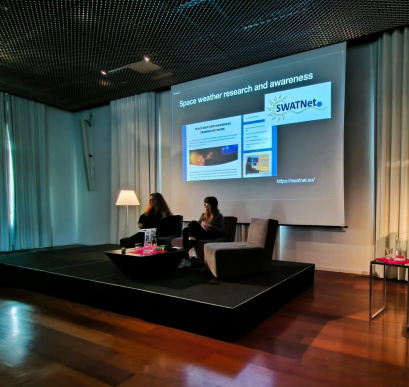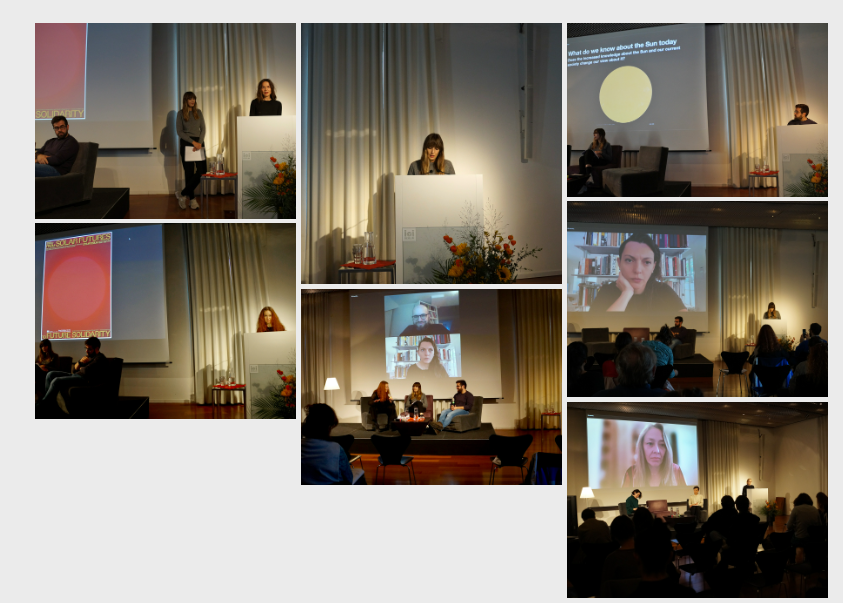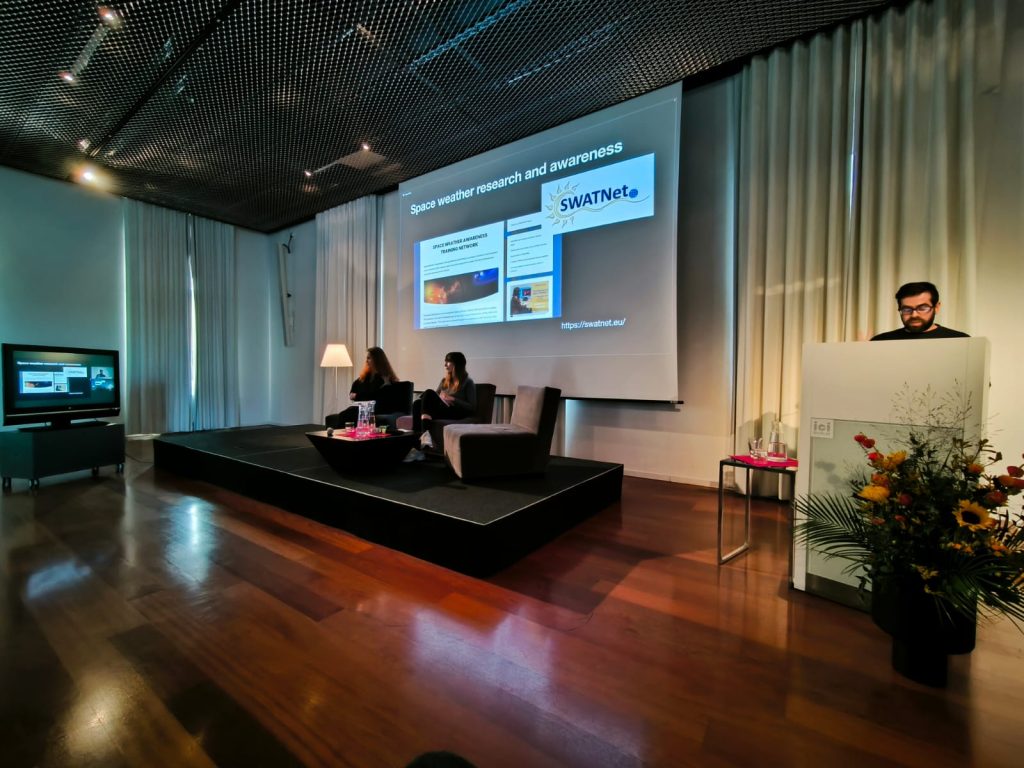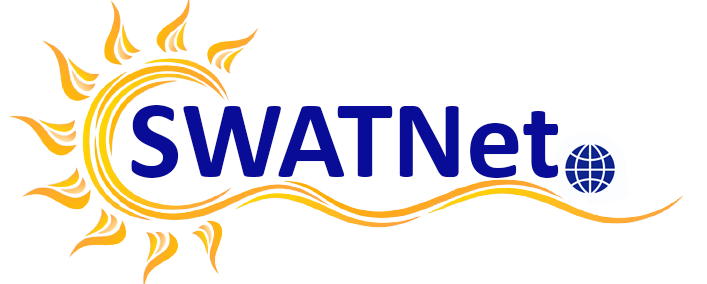
SWATNet team participation at “From Solar Futures to Future Solidarity”
According to Michel Serres (1980), the sun can be seen as our energetic horizon and as the “ultimate capital” in the history of modern religion, culture, ecology, and economy. Georges Bataille (1931) also discussed the sun as a constructive and destructive force that shifts between order and disorder. The relationship between solar politics and energy is one of the foundations of this field, and it has influenced some ideologies related to work, capitalism, progress, imperialism, and productivism over the last centuries. Moreover, energy has also served as the founding basis for certain ethical and epistemological concepts in ecology, as noted by Simon-Stickley (2021).
Recently, the Institute for Cultural Inquiry (ICI) in Berlin held a symposium titled “From Solar Futures to Future Solidarity” (https://www.ici-berlin.org/events/from-solar-futures-to-future-solidarity/) as part of “Solarity Prospects” project curated by Sara Castelo Branco. The event aimed to delve into the various ways in which the Sun impacts our society, including its economic, societal, cultural, and anthropological implications. Attendees had the opportunity to engage in discussions and activities that explored the multifaceted nature of this important phenomenon and its significance for human life.

During the symposium, an interesting topic that caught everyone’s attention was the study of the societal impact of solar activity over the past few centuries. The discussion primarily focused on how Coronal Mass Ejections (CME) and solar flares can have a profound influence on our modern lifestyle, which is largely dependent on technology. One of our team members presented the mechanisms of these solar activities, their frequency, and the potential consequences they can have on our technology-based infrastructure. The symposium was an excellent platform for the attendees to gain a comprehensive understanding of this fascinating topic.
During the dedicated presentations and round table, a number of projects related to the Sun and its energy were presented and discussed by experts from various fields such as philosophy, anthropology, economy, and astrophysics. The main focus of the discussion was to shed light on the different projects and efforts being made to better understand the significance of events such as natural disasters and their global and social impacts.
One of the projects that was presented in detail was the Space Weather Awareness Training Network (SWATNET) project. The experts exchanged ideas and shared their insights on how this project could be used to prevent the negative impacts of such events in the future. They discussed the various aspects of the project, including its objectives, methodology, and the data analysis techniques used to predict and mitigate potential risks.

The discussion was highly informative and emphasized the importance of continued research and collaboration to improve our understanding of significant events. The experts emphasized that their research is not only crucial for scientific purposes but also for practical applications that can protect humanity’s welfare. They also recognized the need to engage with policymakers and stakeholders to ensure the effective implementation of the findings and recommendations resulting from their research.
